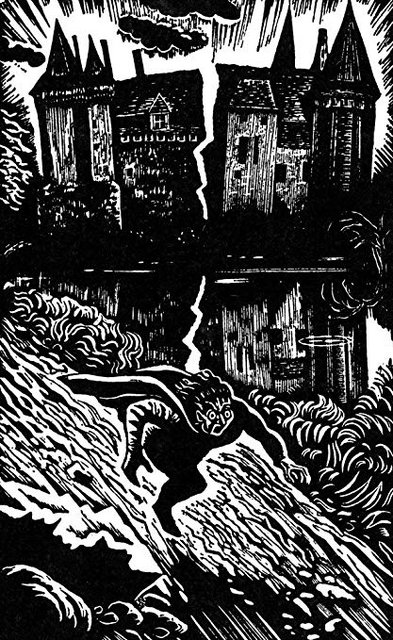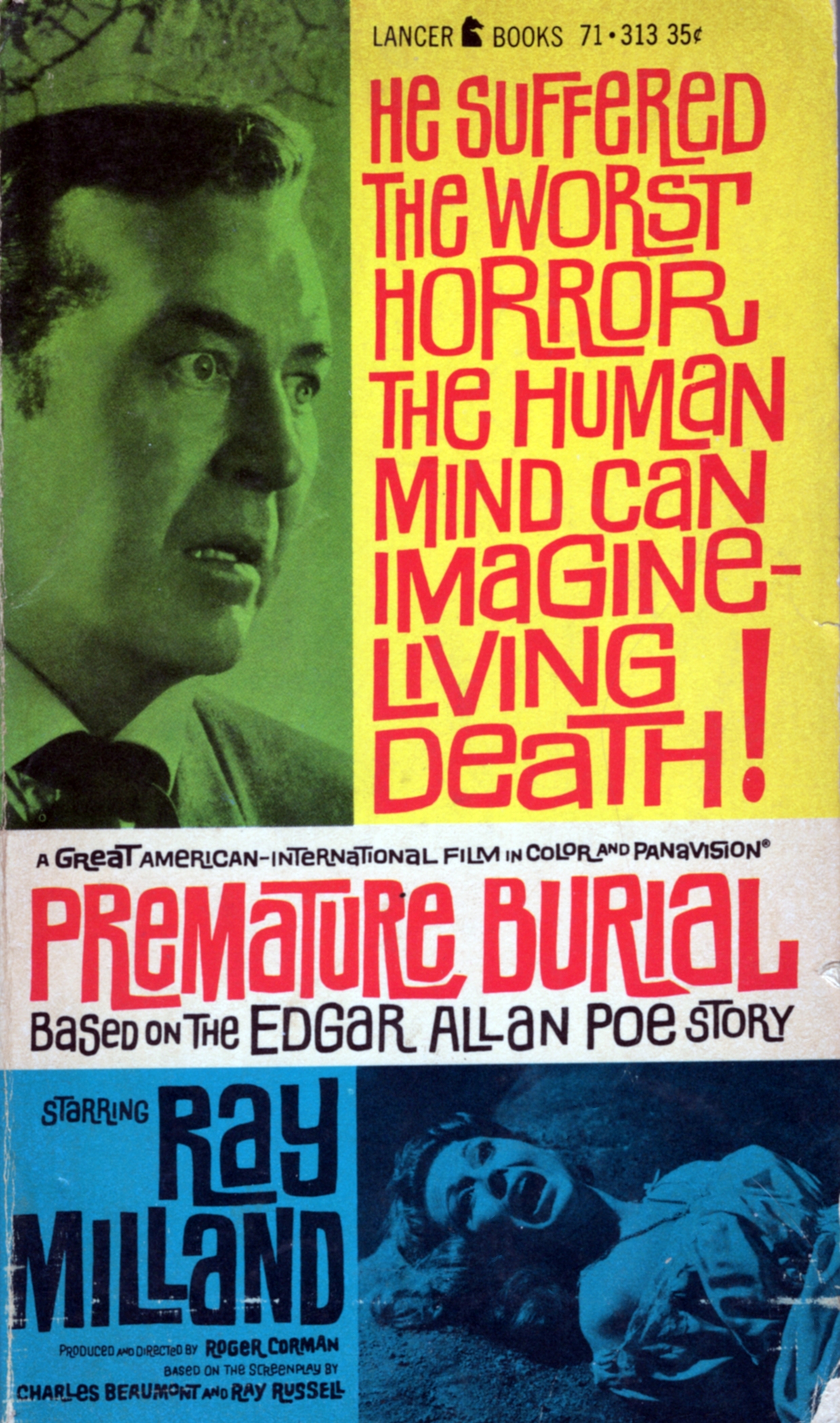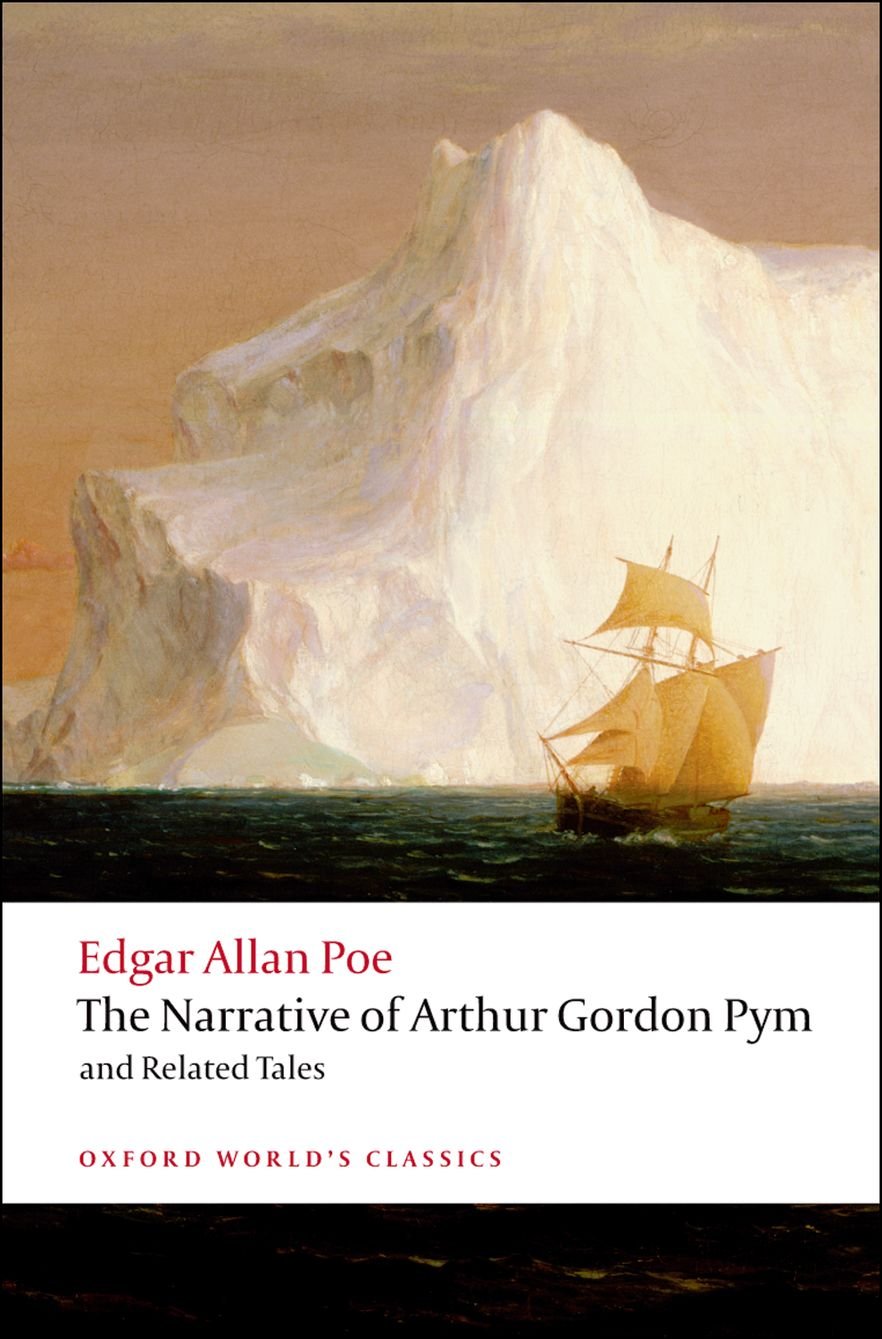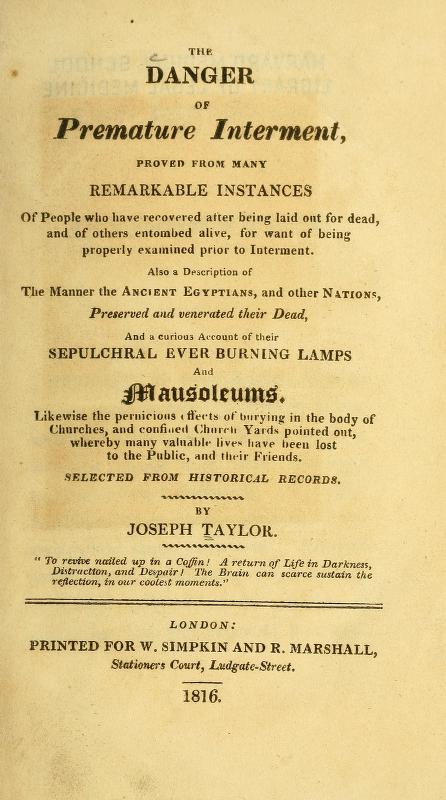
“The Fall of the House of Usher” is among the most scrutinized works in Edgar Allan Poe’s bibliography. Ripe with metaphorical descriptions and intentionally mysterious language, the story is an open invitation to varied interpretations. At the high school level, most students are taught that it is a tale about extreme isolation. In academia, scholars tend to be more interested in the bizarre brother-sister relationship and its incestuous possibilities.
Until recently, the idea that Poe could be in conversation with queer anxieties might sound absurd. Increasingly, however, critics have identified queer themes throughout his stories and poetry. In some cases, such as “The Murders in the Rue Morgue,” it is nearly impossible to deny that Dupin and his male companion are in a romantic relationship (Novosat). So too does “The Fall of the House of Usher” benefit from a queer reading. Suddenly the curious language and enigmatic events make sense. Not vaguely or subconsciously, but in its entirety. It is my argument that “Usher” is, from beginning to end, about queer anxieties. Notably, the angst of sexual repression and an inability to reproduce.
Read more “Queer Theory: Edgar Allan Poe – The Fall of the House of Usher (1839)”


